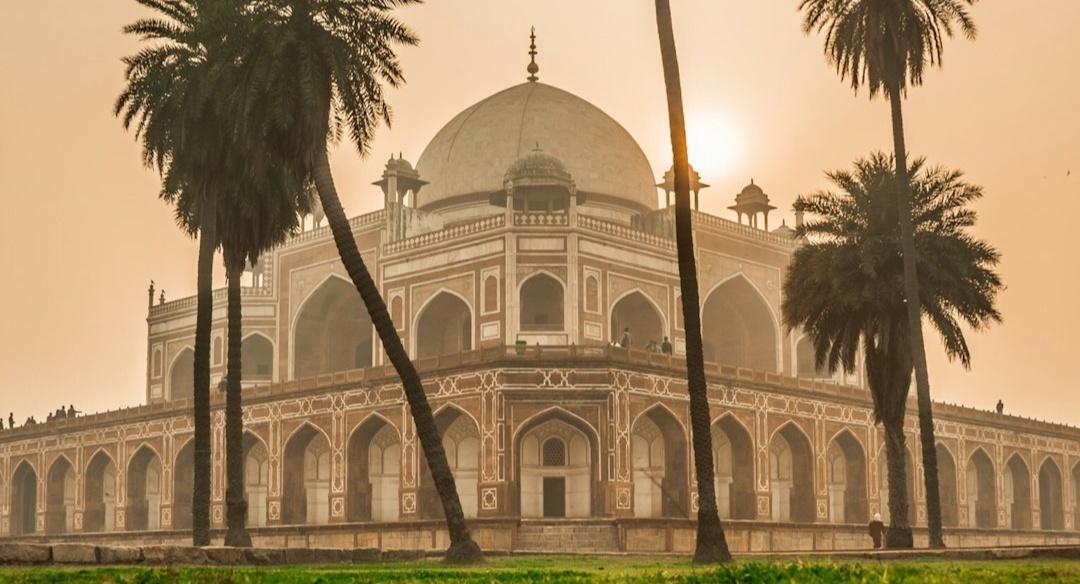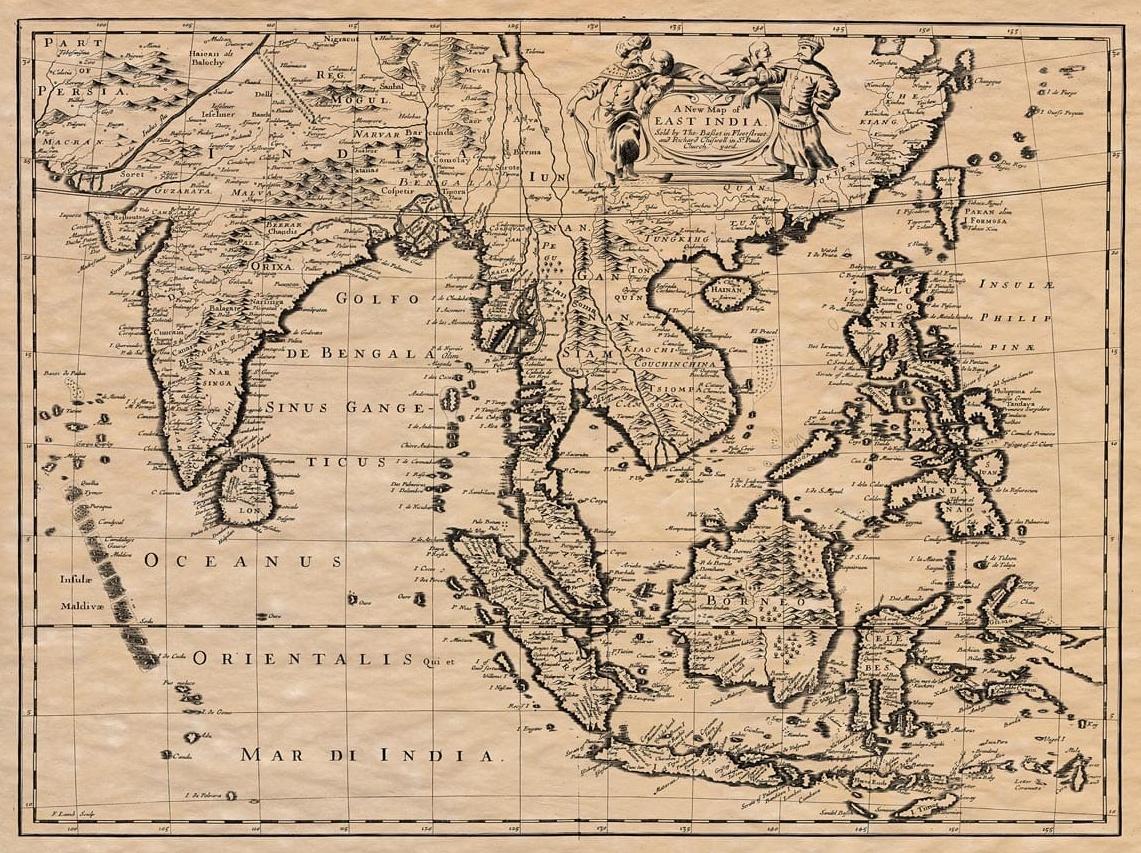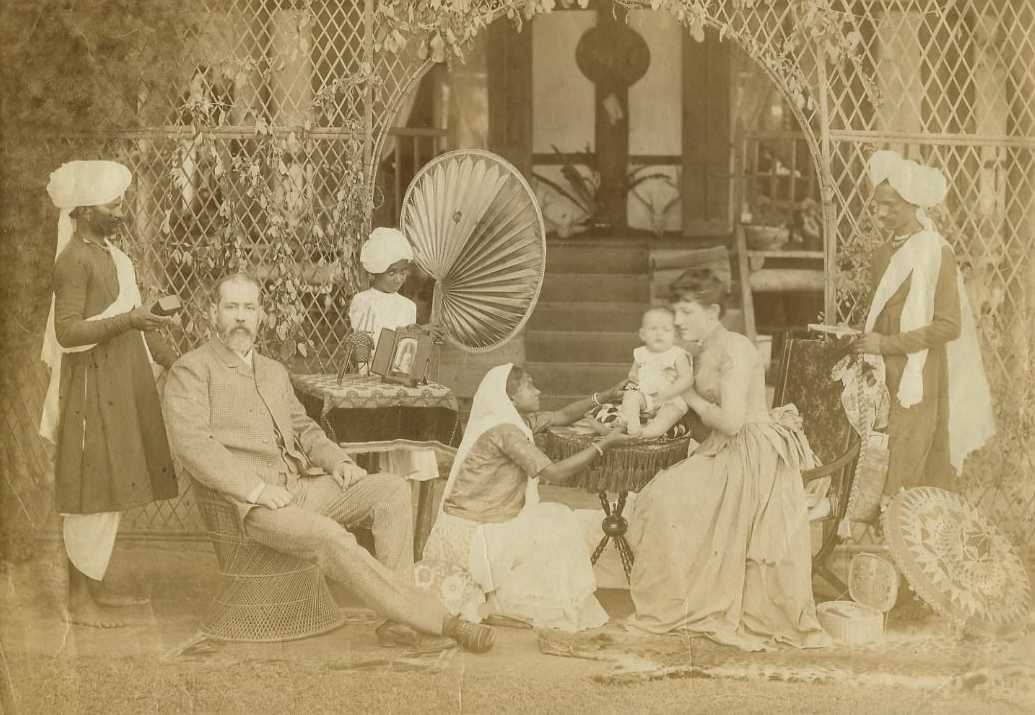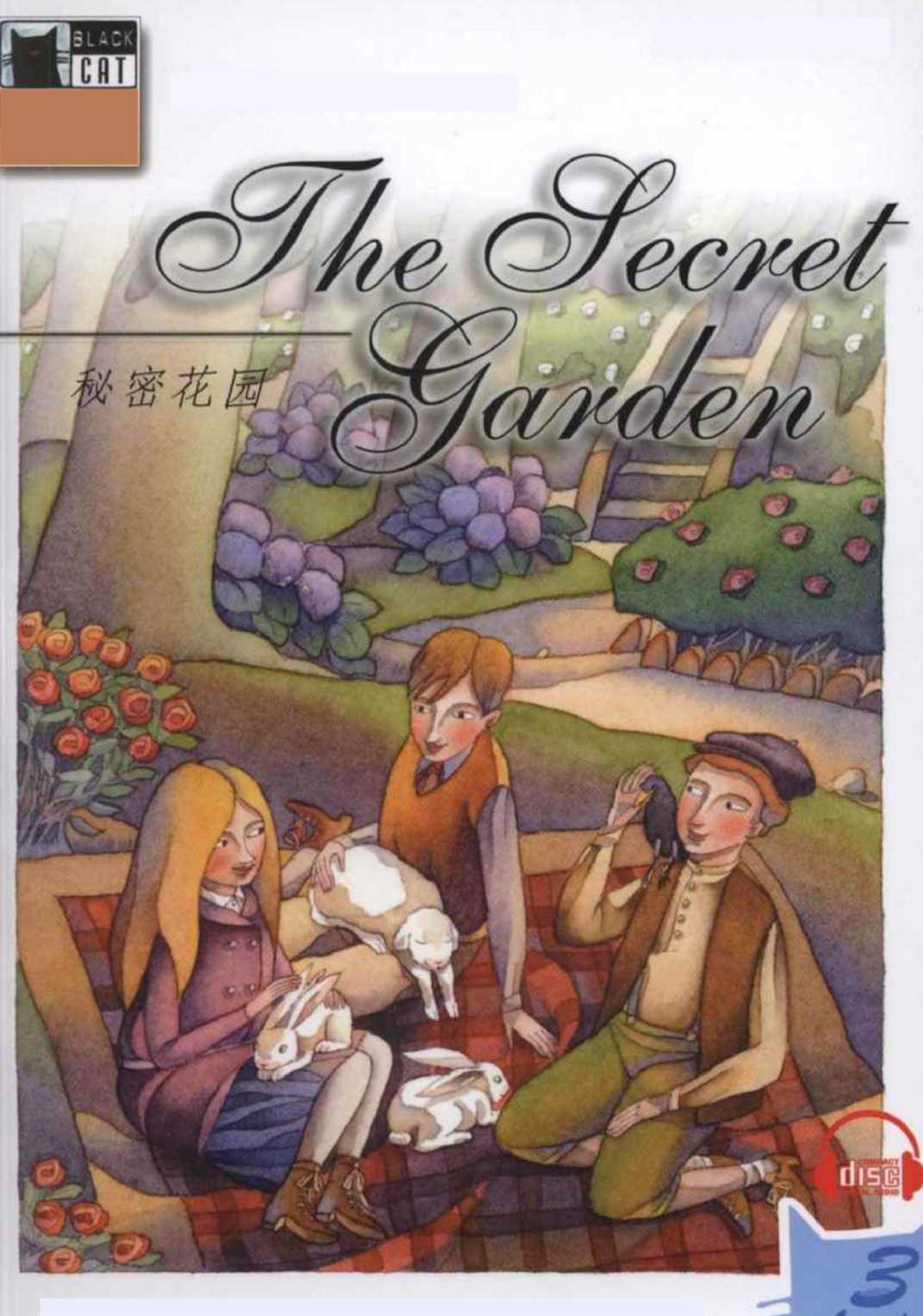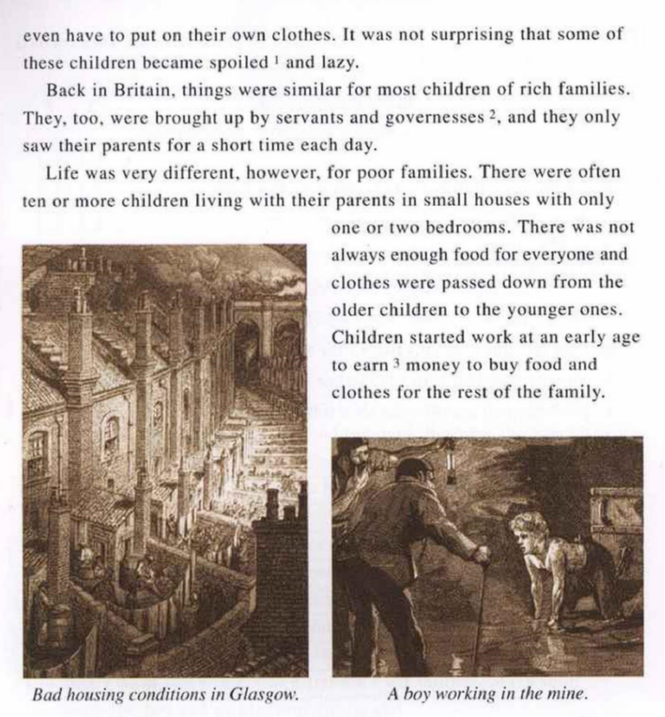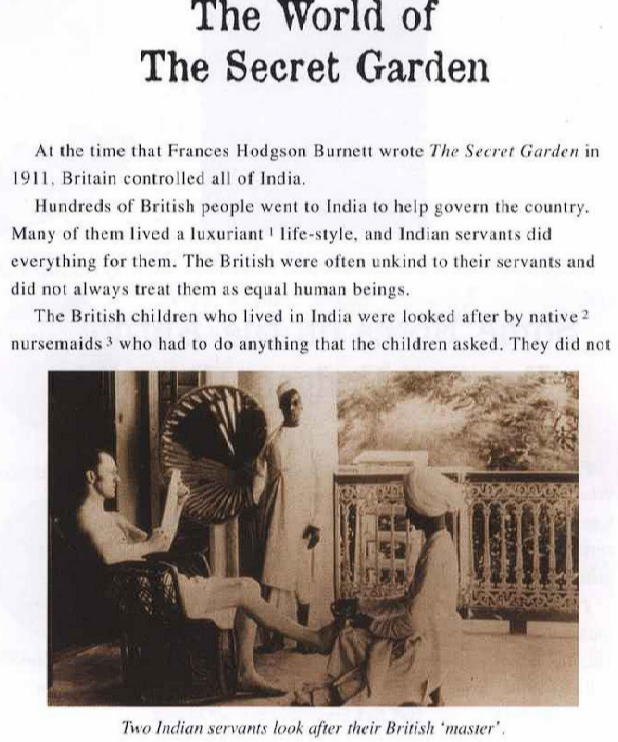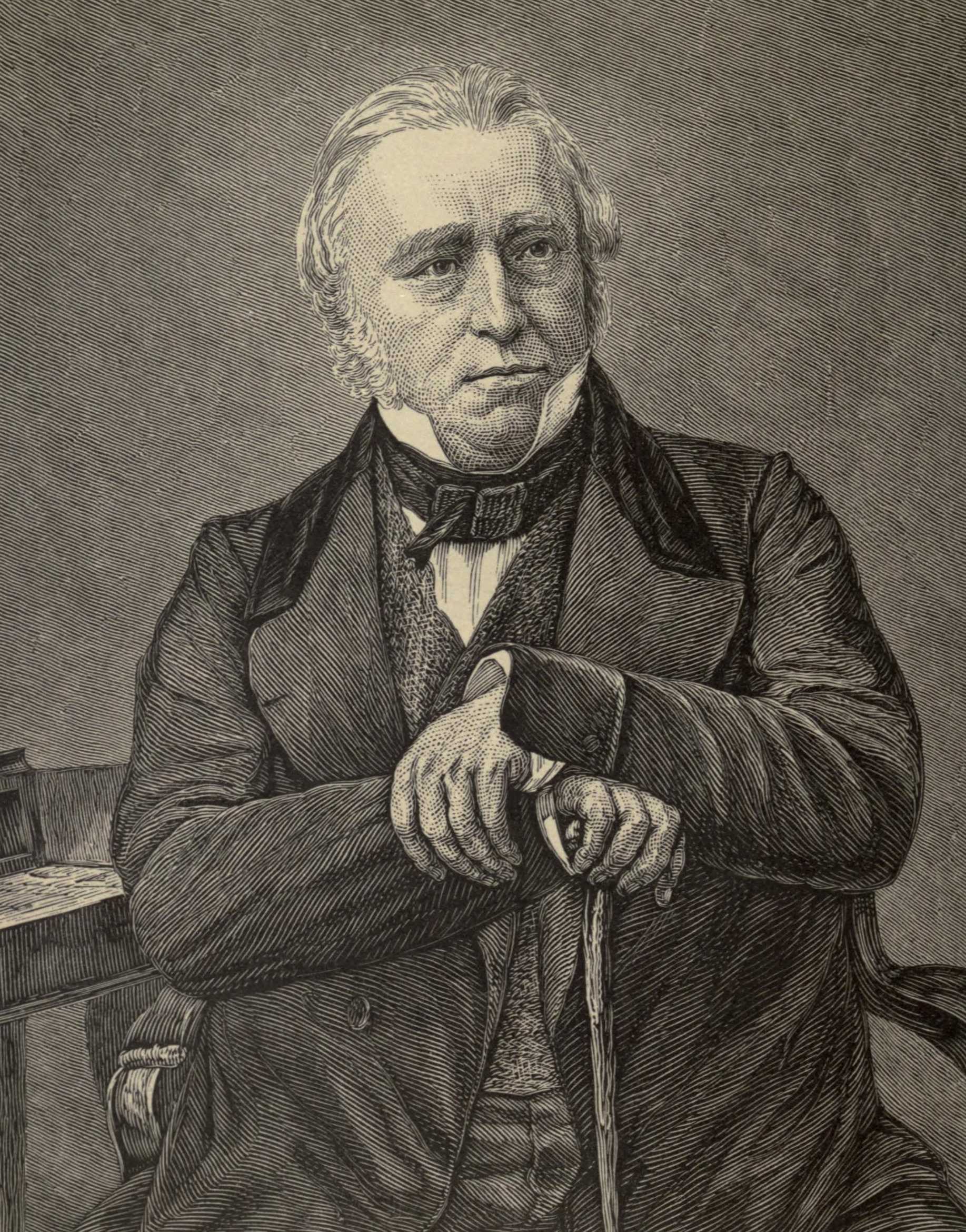Meanwhile, most Indians lived in poverty. Many worked in harsh conditions, and child labour was common. The British behaved condescendingly, often treating Indian workers with disdain. Yet, Indian society was deeply divided. While poorer Indians toiled under colonial rule, wealthy Indian families sometimes benefited — sending their children to English schools or working in civil services. This social divide helped the British maintain control.
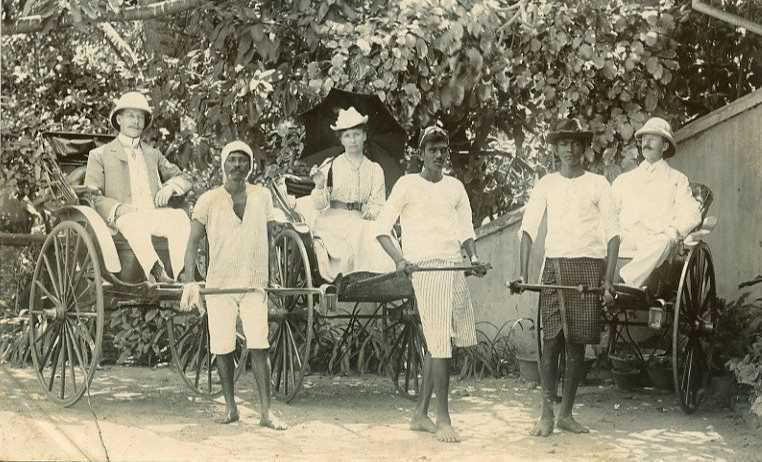
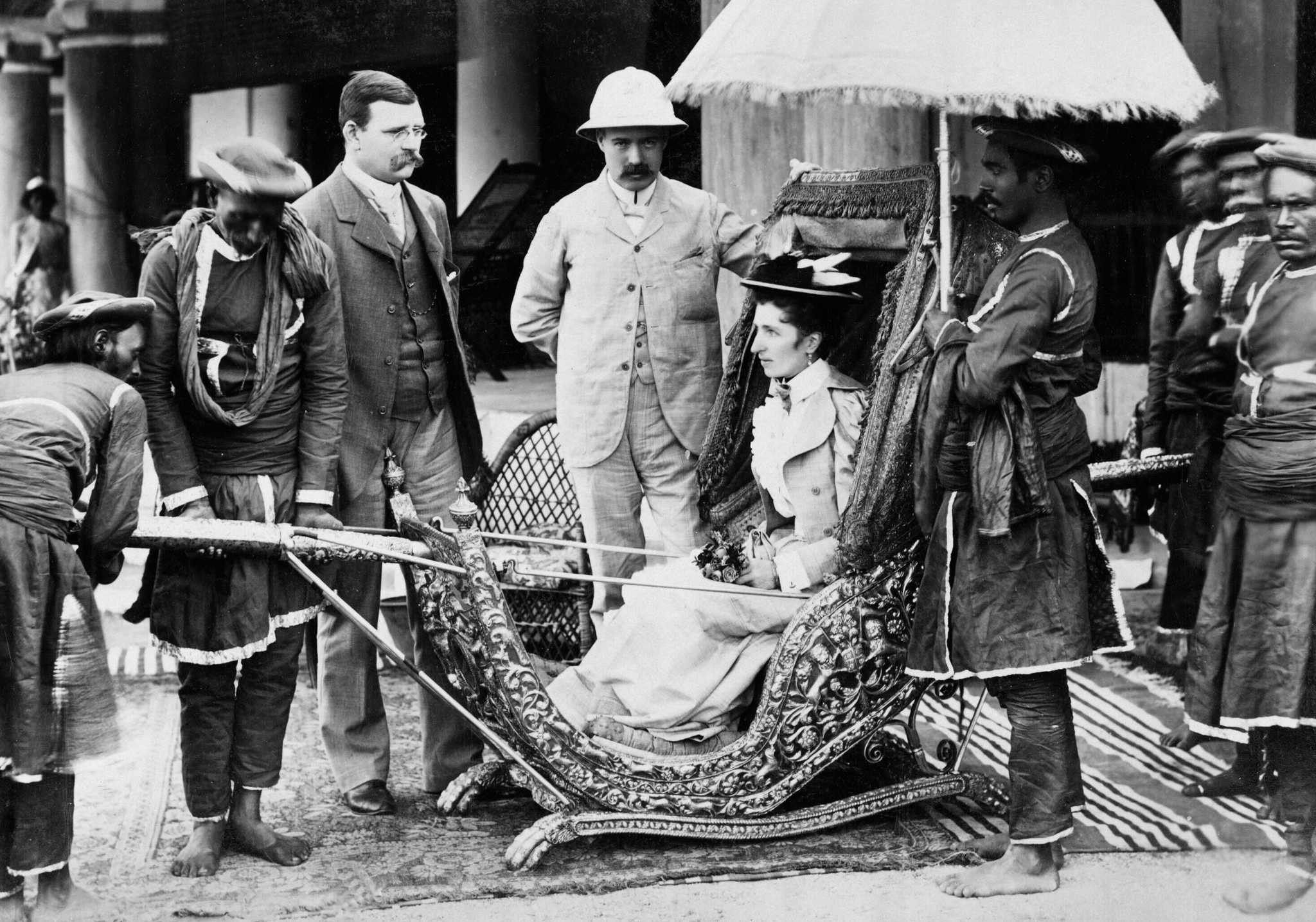
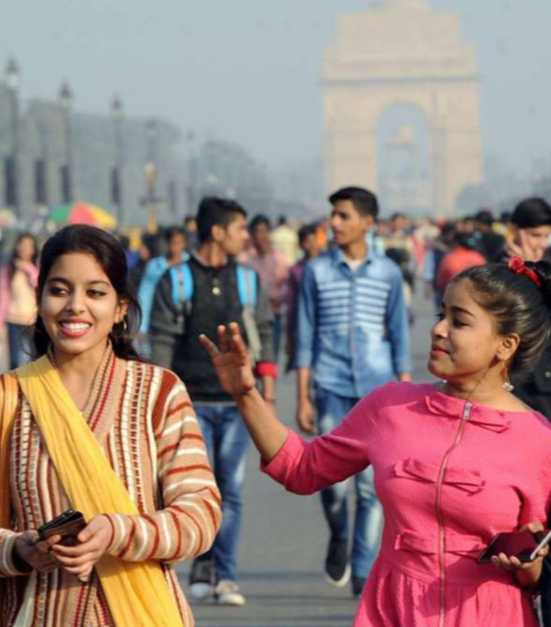
🌍English in India Today
Even decades after independence, English remains a vital part of Indian society: it’s the main language of higher education, government, and international business.
It serves as a lingua franca between different regions and cultures. It connects India to the global economy.
📊 Meanwhile:
- Hindi is still the most spoken language in India.
- Bengali (mostly in the East) and Marathi (in the West) follow close behind.
- In the South, languages like Tamil, Telugu, and Kannada dominate daily life.
Even decades after independence, English remains a vital part of Indian society: it’s the main language of higher education, government, and international business.
It serves as a lingua franca between different regions and cultures. It connects India to the global economy.
📊 Meanwhile:
- Hindi is still the most spoken language in India.
- Bengali (mostly in the East) and Marathi (in the West) follow close behind.
- In the South, languages like Tamil, Telugu, and Kannada dominate daily life.
🌿 Conclusion: A Colonial Language That Found a New Home
India is a linguistic mosaic, with no single national language. But that’s what makes it unique. While Hindi and regional languages continue to thrive, English has become a thread that ties the country together — in education, communication, and culture.
Even today, British influence can be felt in Indian cuisine in Britain, borrowed English words, and vice versa.
English arrived in India as part of an empire. It stayed as part of a transformation.
LanguageEasy Newsletter
Subscribe to LanguageEasy Newsletter to receive updates, language learning tips and more!
(❗sometimes e-mails may come to your spam box - be attentive and get a newsletter out of it 😉)
(❗sometimes e-mails may come to your spam box - be attentive and get a newsletter out of it 😉)

